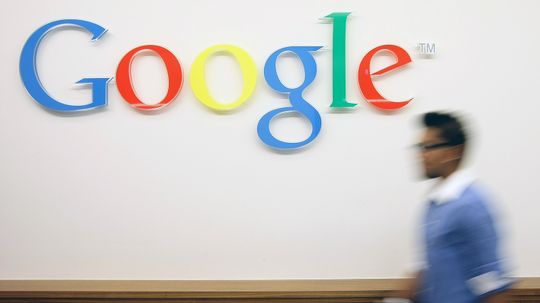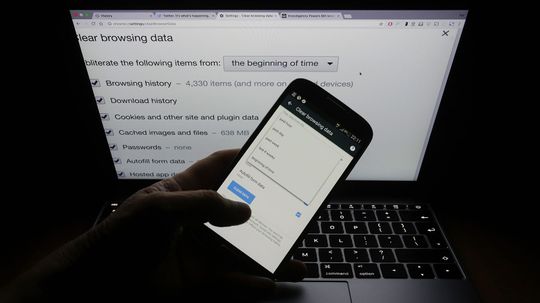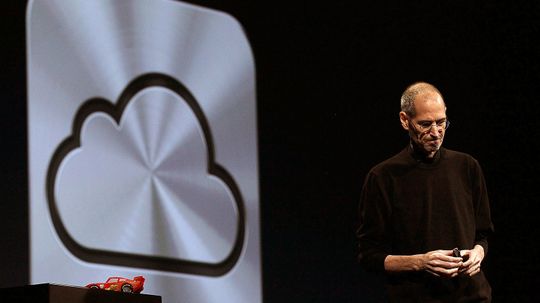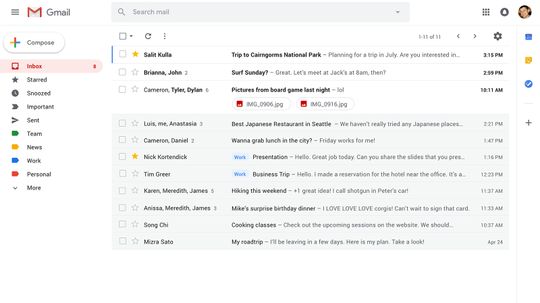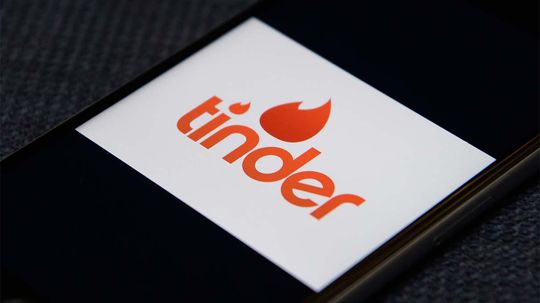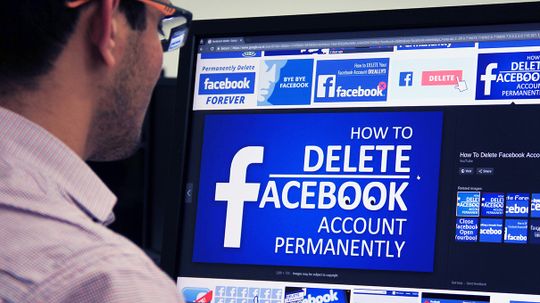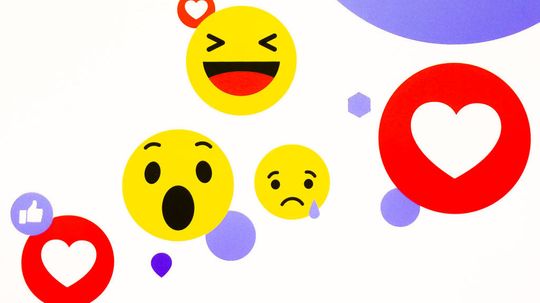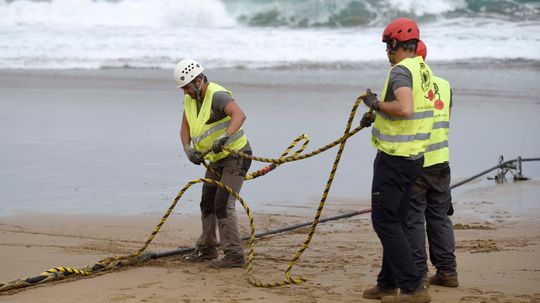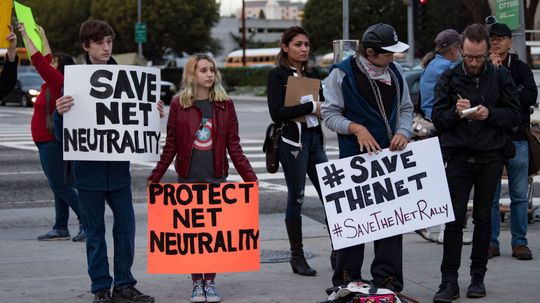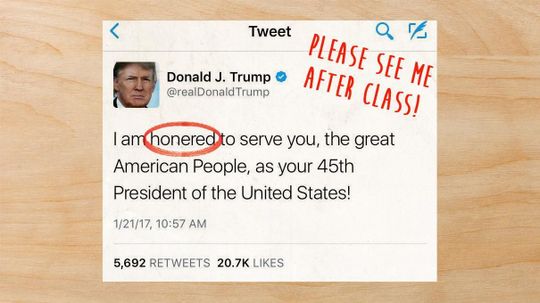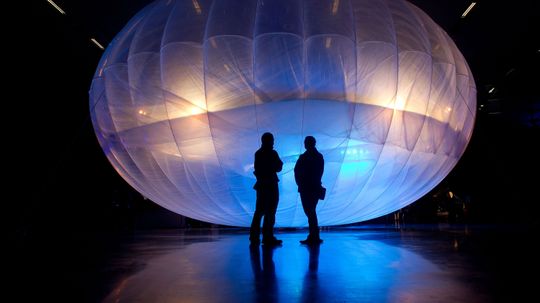Internet Technology
We look to the Internet for news, socializing, shopping, research and more. From HTML code to instant messaging, we'll break down what's really going on whenever you log on, send an e-mail, visit a popular Web site or post to a blog.
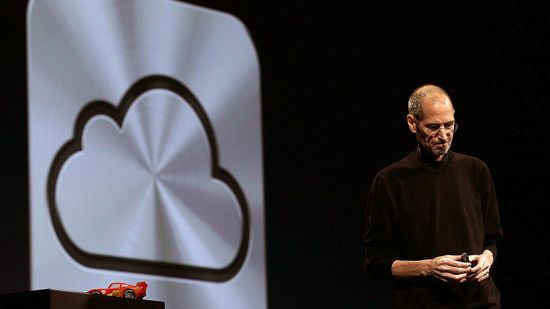
The Truth About Cloud Storage and Its Future

5 Ways to Keep Your Information Secure in the Cloud

Are my files really safe if I store them in the cloud?

Can the Internet Break From Overuse?
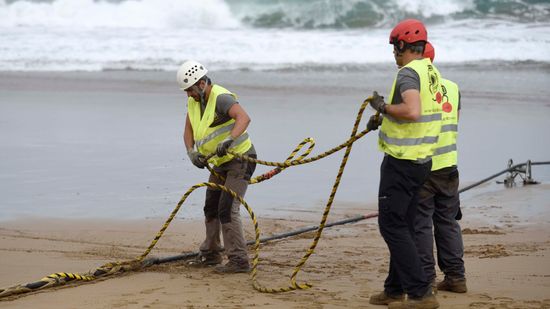
Could an Attack on Undersea Cables Take Down the Internet?

Constellations of Internet Satellites Will Beam Broadband Everywhere
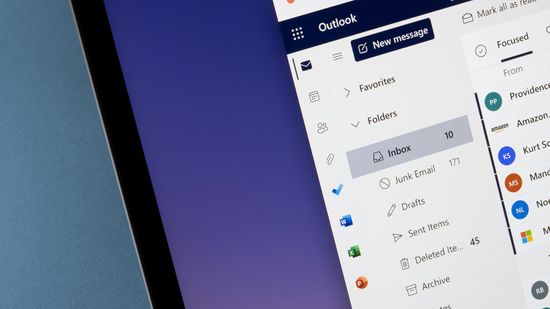
How to Recall an Email in Outlook or Gmail

What Does CC Mean in Email?

How to End an E-Mail: 21 Professional and Personal Sign-Offs

How Do Search Engines Work? All About Ranking and Bidding

How to Access the Dark Web

How to Change the Language in Google Chrome

4 Most Secure VPN Option to Keep Your Internet Activity Private
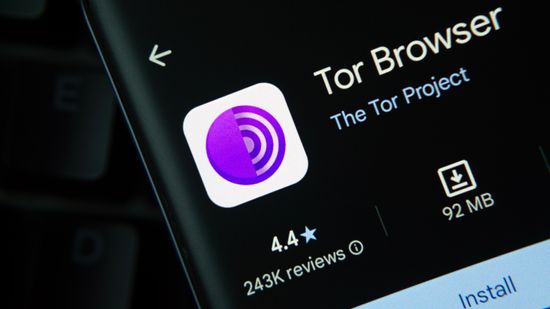
7 Most Secure Browser Options for Privacy-Minded Individuals

Looking for a Search Engine That Donates to Charity? Here Are 10
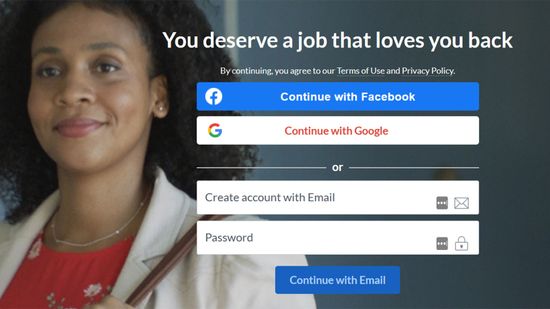
Should You Use Facebook or Google to Log In to Other Sites?
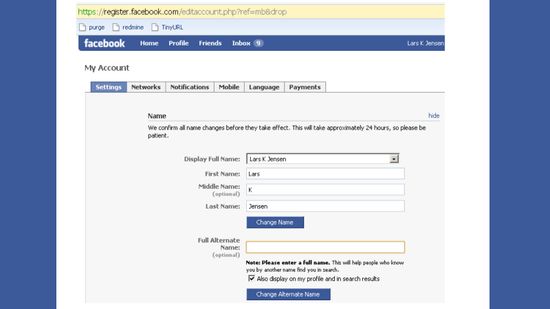
How to Change Your Name on Facebook

How to Deactivate Facebook
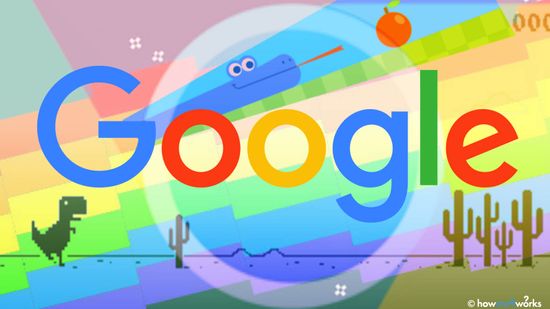
Google Easter Eggs: Sweet Treats Hidden in Plain Sight
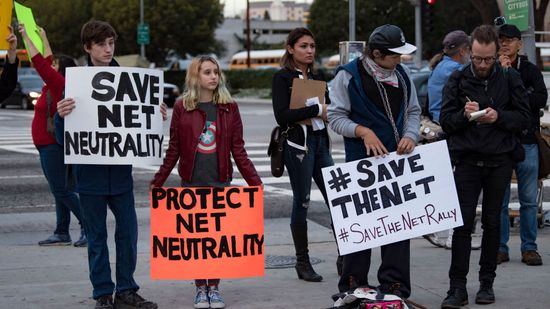
10 Reasons Why You Should Care About Net Neutrality
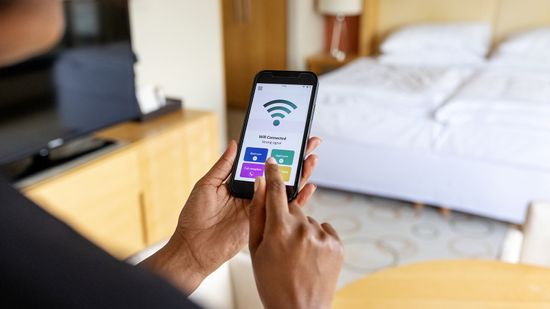
WiFi Extender vs. Booster: What's the Best Choice for You?

Does Weather Mess With Your Internet Connection?
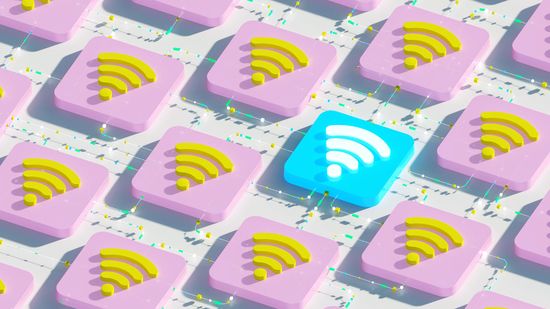
Why Does My WiFi Keep Disconnecting? 6 Easy Fixes
Learn More / Page 2
Its very existence has been debated for years, so what is shadowbanning, and how can you avoid it?
Since Google launched as a privately held company on Sept. 4, 1998, it's evolved from a two-man enterprise into a multibillion-dollar corporation. How did a Ph.D. project become one of the most influential companies in the world?
Some browsers make it easier than others to delete your search history. We've got step-by-step instructions for removing your Google search history from your laptop and mobile devices for all major browsers.
Advertisement
It's a lot more complicated than you might think. And it's not going anywhere.
By Greg Fish
Gmail is one of the most popular email suites out there today. But if you're not backing up your data, you could be in for a huge loss if the site goes haywire.
Online dating apps are aiding social integration because people are interacting with others to whom they previously had no access.
By Alia Hoyt
Advertisement
Having a tough time breaking up with Facebook? Then at least be sure your private information is secure and protected.
By John Donovan
The popularity of neighborhood social networks keeps exploding. But building community comes with some unintended consequences.
By Dave Roos
Those little pics that people use to represent their feelings or avoid misunderstandings have been around since the 1990s but have been picking up steam in the 21st century. Why's that?
The undersea cables that transmit the internet across the world are largely unprotected from terrorist or military attack.
Advertisement
To paraphrase John Oliver, "net" and "neutrality" are two spectacularly boring words. But here's the annoying truth: You should care about net neutrality. Learn why.
By Dave Roos
And those satellites could provide you with crazy fast internet service.
Do we portray a consistent self across different social media platforms? A new study examines the faces we share.
By Chris Opfer
President Trump is an avid tweeter, and not always the best speller (remember unpresidented?). Can he delete his tweets or are they now public property?
Advertisement
Your college professors probably told you not to use Wikipedia for papers. But they might have been wrong.
The caustic tone of the 2016 presidential race is powerfully affecting ordinary social media users. Will that destroy a lot of social media relationships?
When you want to know what is happening in the world, Google is the first port of call for many people. Google also brilliantly knows how to mark and celebrate important global events in a fun and creative way, and this is through their brilliant Doodles. Google Doodles are where they redesign the logo to [...] The post The 10 Best Google Doodles Of All Time appeared first on Goliath.
By Jonny Hughes
Data plans are precious ... and finite. So knowing where to get your WiFi fix matters. With that said, have you tried a city bus? Or space?
By Oisin Curran
Advertisement
Some couples have a shared Facebook account, even though Facebook frowns on the practice. What does it say about their relationship?
By Alia Hoyt
HowStuffWorks loves podcasts, and our staff of podcast hosts offer up recommendations of their favorite ones to obsess over.
Facilitating consumer-to-consumer and business-to-consumer e-commerce for over 20 years, eBay has grown to become a multibillion-dollar business with operations localized in over 30 countries. But while the site handles the sale of millions of different "traditional" items annually, it has also seen its fair share of stupid, strange and sickening items posted for sale. Evidently, [...] The post 12 Of The Craziest Items Ever Sold On eBay appeared first on Goliath.
By Wes Walcott
Imagine a world where everyone - really, everyone - has access to the Internet. Google's Project Loon is trying to make that concept a reality ... using balloons.
Advertisement
Growing your online presence is tough when you don't know your audience - that's where analytics comes in handy. Here are 10 sites that will let you put your web traffic data to good use.
Your phone, your thermostat, even your doorbell can communicate with the Internet, relaying information about the devices - and you. How is all this connectivity affecting our world?

